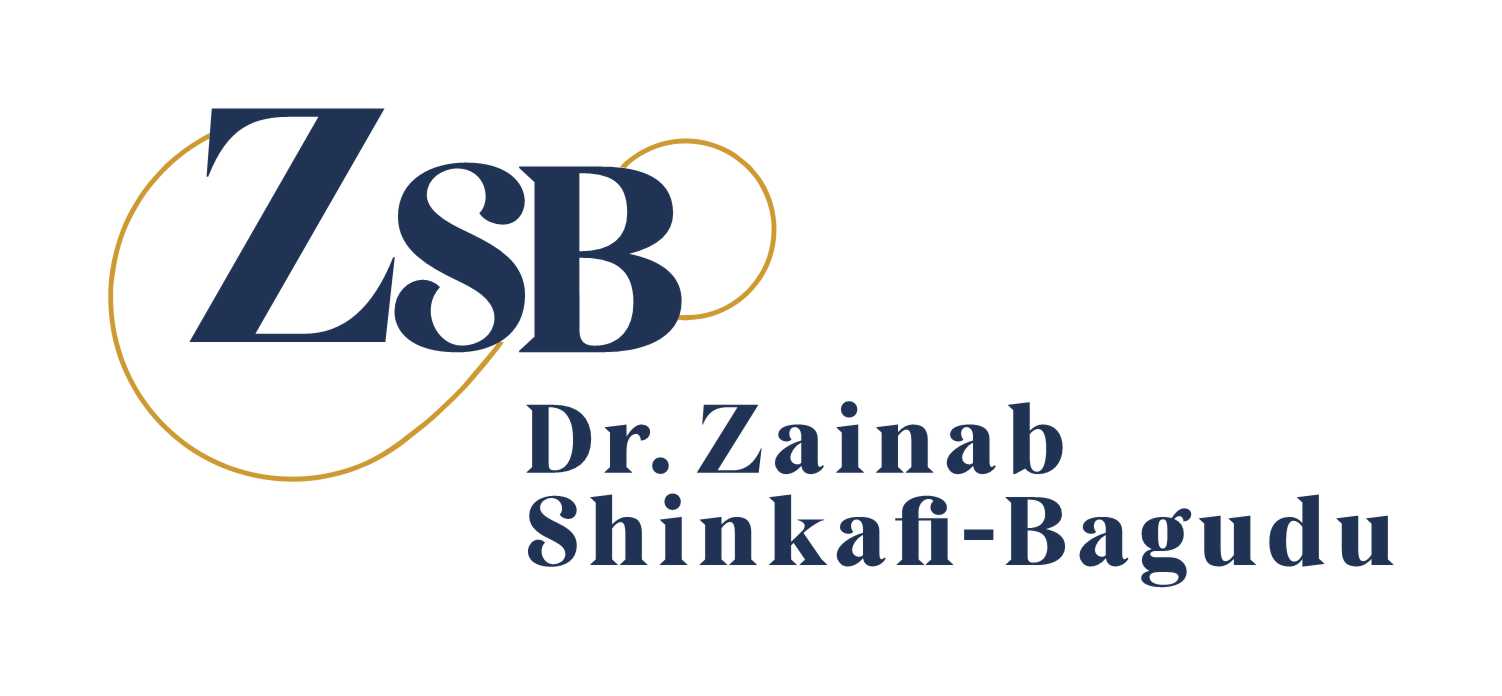Significant advancements have been made since the Global Strategy to eliminate cervical cancer was adopted three years ago, yet critical action is still needed to reach global targets.
HIGHLIGHTS
- Following the adoption in November 2020 of WHO’s Global Strategy for cervical cancer elimination, 30 more countries have implemented HPV vaccination programmes, increasing the total to 140 countries, with a global HPV vaccination coverage of 21% for girls in 2022.
- Global challenges still persist with regard to financing, universal health coverage for and access to screening and treatment.
- UICC has supported members’ actions for cervical cancer elimination, and through partnerships such as the SUCCESS project, aiming to improve national strategies, increase budgets for cervical cancer and enhance advocacy and civil society involvement, key to achieving the targets for elimination.
Three years since the adoption of WHO’s Global Strategy for cervical cancer elimination, January’s Cervical Cancer Awareness Month highlights the persistent need for action.
As noted in WHO’s presentation in its 17 November 2023 report, there has been some notable achievements, with several countries making commitments towards implementing the progress against the ’90:70:90′ targets (90% HPV vaccination by 15 years of age, 70% of women screened by 35 and 45 using high-performance tests, and 90% of pre-cancer cases and invasive cancers effectively treated).
In the past three years, according to WHO, 30 more countries have introduced HPV vaccination programmes, including Bangladesh, Bhutan, Indonesia, Maldives, Myanmar, Nigeria, Sri Lanka and Thailand, bringing the total number of countries to 140. The global HPV vaccination coverage of girls that received at least one dose of HPV vaccine increased to 21% in 2022.
As examples, Belize introduced HPV screening, Australia launched its national elimination strategy, Rwanda has rapidly expanded vaccination and screening, with one of the highest vaccination rates in the world, putting it on track for elimination, while Sweden is now expected to be the first country to reach elimination, bringing the annual incidence of cervical cancer under four cases in 100,000. Norway has recently found no cases of cervical cancer caused by HPV in under 25-year-olds, who were the first to receive the HPV vaccine when the country introduced it into its national immunisation programme in 2009.
According to WHO, screening and treatment for cervical cancer have seen limited progress. While over a million women in 14 low- and middle-income countries have been screened through joint efforts by Unitaid, implementing partners and health ministries, including UICC, access to prevention, screening and treatment remains inadequate. Only 65% of nations offer screening for cervical cancer, and 69% provide radiotherapy under universal health coverage.
El Salvador and Bhutan, along with Rwanda, are exceptions showing significant advances. El Salvador aims for 70% screening coverage by 2030 and has improved access to treatment, with over 100 facilities offering screening and 75 providing pre-cancer treatments. Bhutan reported a screening rate of 90.8% for eligible women, with 92% of those with pre-cancer treated and all invasive cancers managed.
Even countries that have taken only limited action are showing a growing commitment to the Global Strategy, exemplified by the recent efforts in The Democratic Republic of Congo to raise awareness about vaccination and screening.
Despite the progress made, however, challenges remain, including bottlenecks in accessing health technologies, gender-related stigma and the need for increased resources and sustainable financing.
UICC and its members’ achievements
UICC has remained committed to addressing the burden and inequities of cervical cancer for many years, both globally in advocating for progress and directly contributing to the drafting of WHO’s Global Strategy, and providing support to its members in advocating for policies and implementing measures to eliminate cervical cancer in their own countries.
In the last two years, UICC has brought together the cancer community in three regions, to amplify and share the learnings across individuals, organisations and contexts through its Regional Dialogues. Held in Abidjan, Côte d’Ivoire, Rio de Janeiro, Brazil and Manila, Philippines, approximately 200 individuals have joined from their respective regions to share experiences, explore next steps and discuss actions needed to address the burden of women’s cancers, with a strong focus on cervical cancer elimination during these meetings.
The critical role of UICC members, and particularly civil society, in improving prevention was highlighted in a landscaping report published by UICC in October 2023. This report explored the role of cancer civil society organisations (CSOs) in HPV vaccination, and the findings are illustrated by nine case studies showcasing the work of CSOs.
For instance, the Medicaid Cancer Foundation in Nigeria, led by UICC Board Member Dr Zainab Bagudu-Shinkafi, Chairperson of First Ladies Against Cancer, has been pivotal in securing the introduction of the single dose HPV vaccine schedule in the country. La Liga Colombiana contra el Cancer played a crucial role in overcoming vaccine hesitancy in Colombia.
UICC has been also working through its key partnerships, such as the Unitaid-funded ‘Scale-Up Cervical Cancer Elimination with Secondary prevention Strategy’ (SUCCESS) project, led by Expertise France, and implemented in partnership with Jhpiego, particularly to support its members and civil society in national advocacy efforts.
Initial work in the project countries often involved creating national coalitions to ensure coordinated advocacy strategies, notably in Côte d’Ivoire and Burkina Faso where these did not already exist. In the four project countries, UICC boosted civil society involvement in policymaking, crucial for sustained impact and accountability.
Civil society’s advocacy efforts has supported significant progress in these countries, such as the development and adoption of national strategies and guidelines aligned with WHO recommendations in Côte d’Ivoire and Guatemala, commitments for an increased budget for cervical cancer in Philippines and Guatemala, including HPV testing, and free radiotherapy for women diagnosed with cervical cancer in Burkina Faso.
UICC’s support to national advocacy efforts for elimination continues beyond the SUCCESS project with UICC’s Cancer Advocates programme, that provides opportunities for civil society to gain the skills and knowledge to engage in national advocacy efforts for improved cancer control. In the programme, there will be a specific emphasis in the coming years on both the Indo-Pacific region through the Elimination Partnership in the Indo-Pacific for Cervical Cancer (EPICC) funded by the Australian government, and in expanding the learning from Burkina Faso and Côte d’Ivoire to other Francophone African countries.
Gavi’s engagement in improving vaccine access, Global Fund investments in cervical cancer and the associated support from L’initiative, as well as EPICC and many others offer hope to advance towards the elimination targets and make further gains in the fight against cervical cancer.
As the global community continues to work towards the WHO’s 90:70:90 targets, the upcoming UICC Virtual Dialogue on “Implementing 70:90 – Leveraging lessons learned, building momentum” on 25 January, delivered in partnership with Jhpiego, presents an opportunity for further collaboration and shared learning, with a specific focus on screening and treatment.
“Cervical cancer is a loud example of gender, health and social inequity and injustice that exists in the world today. Yet it is the one cancer that we can eliminate. We must join hands to muster more political will, strong policies, more funding, and increase awareness.”
– Dr Zainab Shinkafi-Bagudu, UICC Board Member, CEO of Medicaid Foundation, Chairperson of the First Ladies Against Cancer.

